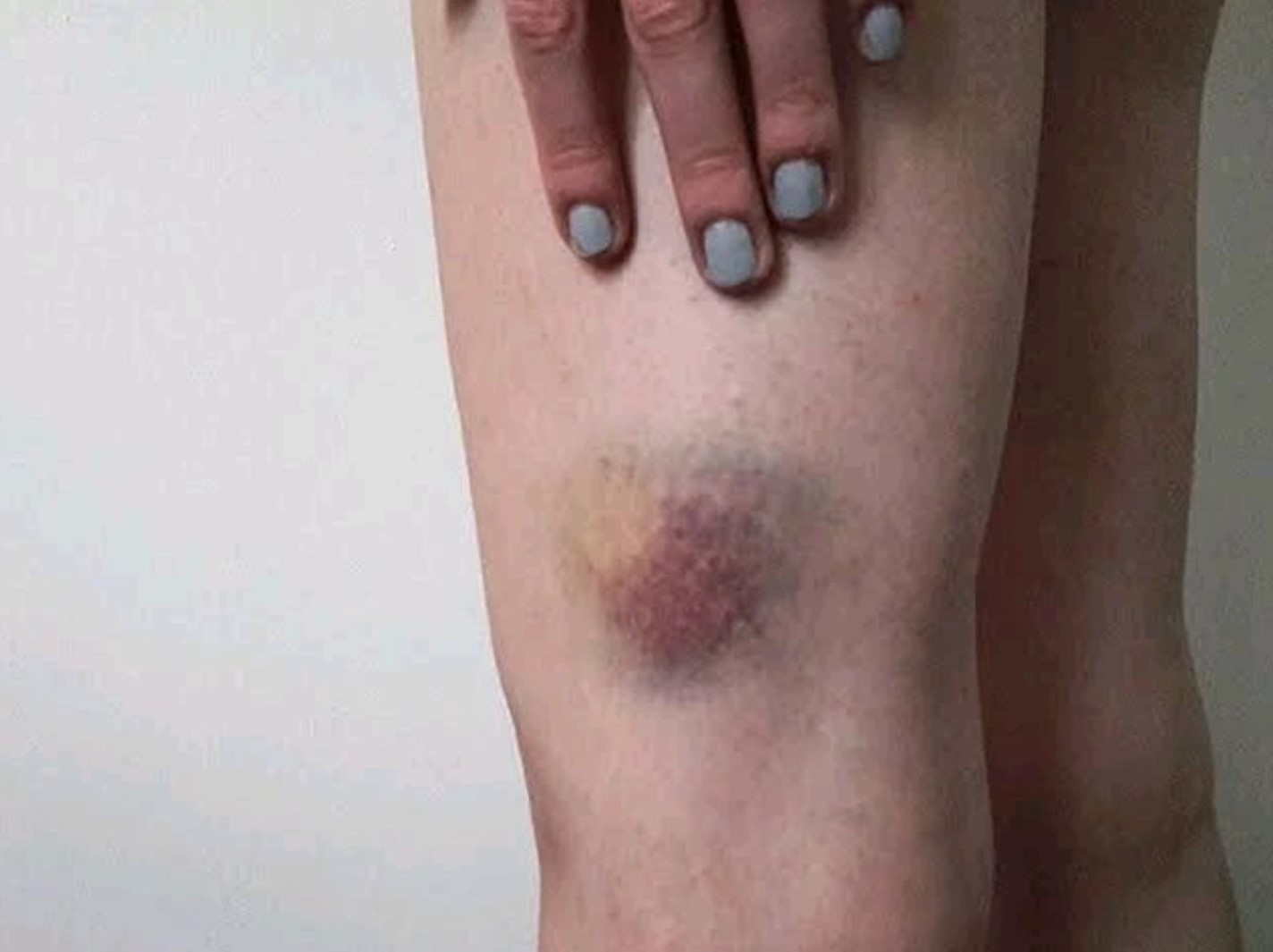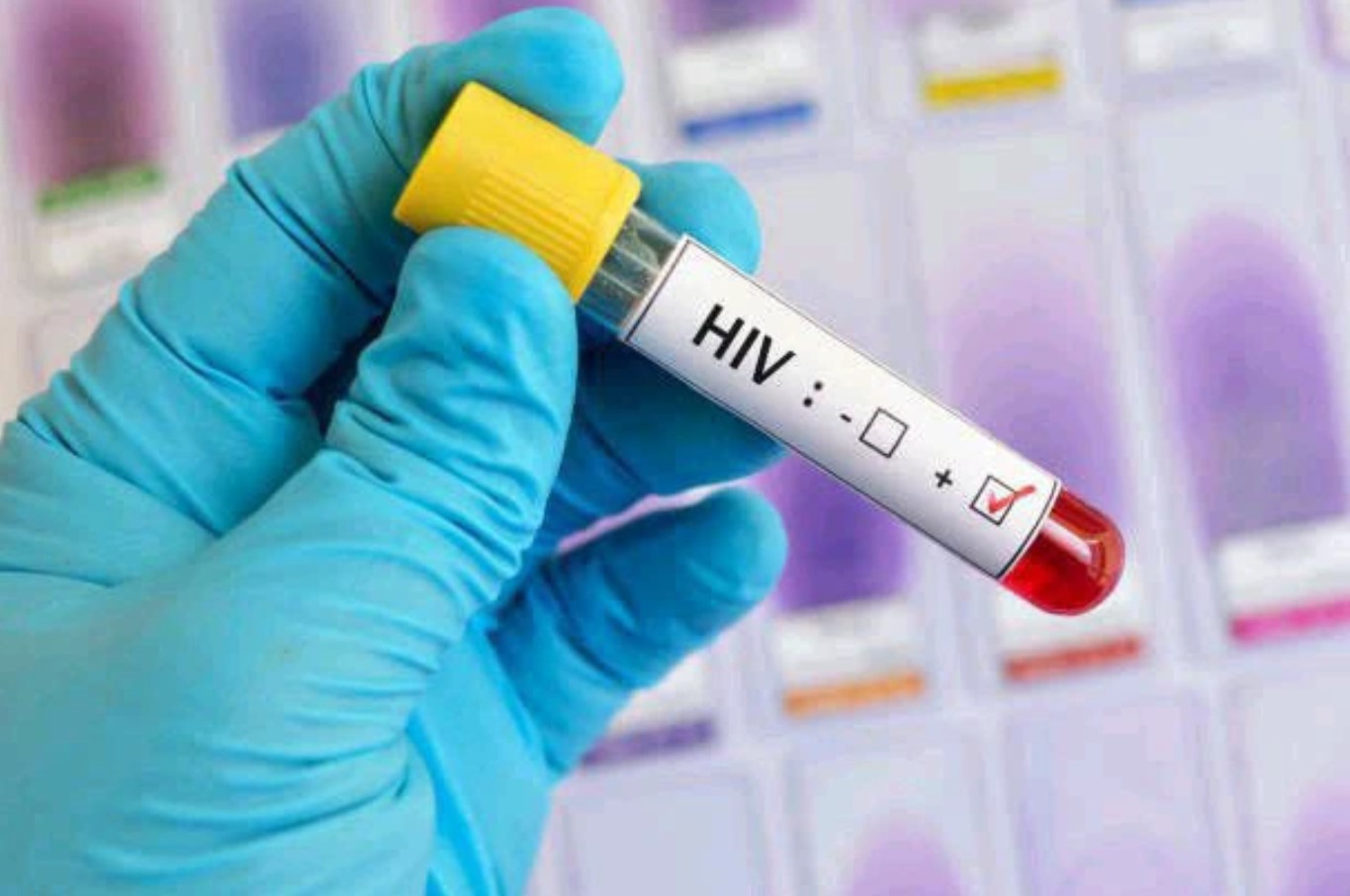HEALTH & LIFESTYLE
Early warning signs of cancer in your body you should not play with

Continue Reading
HEALTH & LIFESTYLE
How Long Does It Take For a Healthy Person to Show HIV Symptoms.
HEALTH & LIFESTYLE
Blood Group With The Strongest Immunity
HEALTH & LIFESTYLE
High blood pressure is a silent killer, here are 4 foods you must stop consuming
-

 IN-THE-NEWS6 months ago
IN-THE-NEWS6 months agoLady Returns From Abroad After 15 Years to Discover Brother Misused Funds For Building Project (Video)
-

 SPORTS5 months ago
SPORTS5 months agoSame-day shipping Exhibition limited SSK proedge baseball batting gloves, two hands, Cadet (short fingers) details EBG5200WFA ssk24fw
-

 IN-THE-NEWS6 months ago
IN-THE-NEWS6 months agoAbuja-Kaduna Train Derails, Third Time in Three Weeks, Causes Panic Among Passengers
-

 IN-THE-NEWS1 month ago
IN-THE-NEWS1 month agoМадина Сәдуақасова жақсы жаңалығын бөлісті
-

 HEALTH & LIFESTYLE6 months ago
HEALTH & LIFESTYLE6 months agoRefreshing Cucumber Salad: A Simple Addition to Your Daily Lunch
-

 SPORTS5 months ago
SPORTS5 months agoJulien Paul Faces Tough Challenge in Olympic Debut Against World Champion Kunlavut Vitidsarn
-

 IN-THE-NEWS6 months ago
IN-THE-NEWS6 months agoHerders Gangr*pe 13-year-old Girl In Enugu Community, Kill Farmer For Attempting To Rescue Her
-

 IN-THE-NEWS1 month ago
IN-THE-NEWS1 month agoИранда хиджабқа қарсылығын білдірген бойжеткен жындыханаға мәжбүрлі түрде жатқызылды



